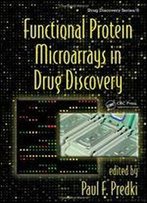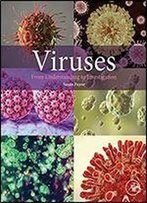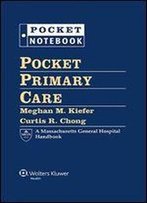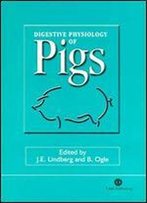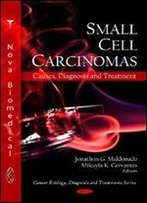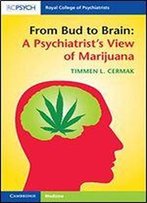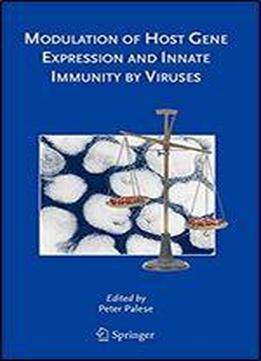
Modulation Of Host Gene Expression And Innate Immunity By Viruses
by Peter Palese /
2005 / English / PDF
7.3 MB Download
While the molecular mechanisms of antibody production and diversity and of cellular specific immune responses have been studied since many decades, the actions of viruses blocking and modifying the innate immune system, i.e. mainly the interferon (IFN) response and its various signaling pathways, have been recognized and studied in more detail only during the last 10-15 years. Viruses can counteract defense strategies of infected cells, and specific proteins of many viruses were found to act as IFN antagonists.
In this book a number of groups leading this area of research have presented reviews and updates of their research. In the introductory chapter M Shaw and P Palese review the IFN signaling pathways and provide a comprehensive list of virus-encoded proteins that target different components of the pathways of the IFN response. It is then reviewed how viruses elicit the IFN production (DE Levy and IJ Marie), how IFN regulatory genes are induced by viruses (group of GC Sen), how viruses have ‘learned’ to evade immune mechanisms, interfering with MHC mediated antigen presentation, blockage of apoptosis, mimicking of cytokines and cellular receptors, or by direct infection of immune cells (group of HL Ploegh). In additional chapters, the virus-encoded IFN antagonists of particular viruses are described, such as of influenzaviruses (A Garcia-Sastre), paramyxoviruses (group of RE Randall), herpes simplex virus (SJ Advani and B Roizman), poxviruses (JB Johnston and G McFadden), filoviruses, bunyaviruses and flaviviruses (CF Basler). For poxviruses, the mechanisms of molecular mimikry, i.e. viral proteins binding to cytokines or cytokine receptors, are of particular interest. A new area of research is the involvement of toll-like receptors in the activation of pathways of the innate immune response and of their interaction with viral proteins (SR Ross). Autophagy is a protective mechanism of mammalian cells that can be targeted by viral virulence gene products (group of B Levine). Finally, the ways in which the genetic variation of hosts influences the susceptibility to viral infections is reviewed in a short chapter with particular attention to infection with HIV (E Choi and S Chanock).


